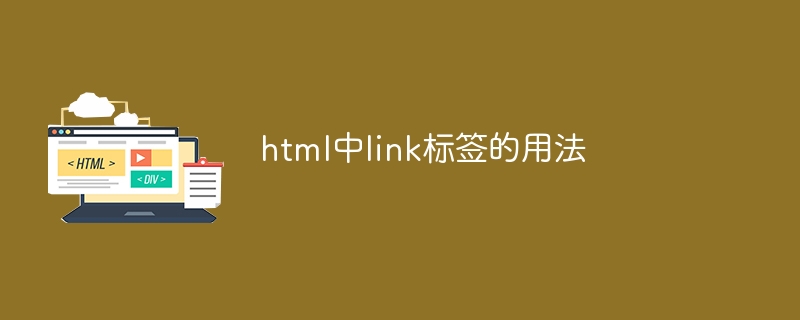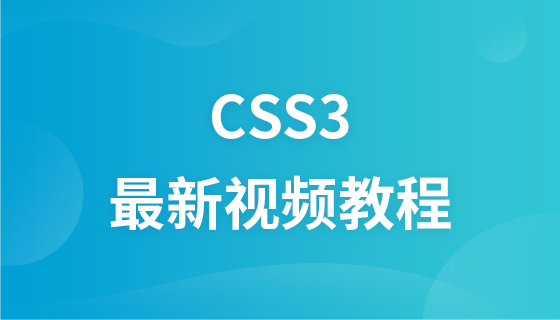此文章提供 HTML 中 link 标签的用法,包括:用于声明外部资源或指定文档关系的自闭合标签。格式为:。rel 属性指定资源关系,可为 stylesheet、icon、alternate、next/prev。type 属性指定资源媒体类型,如文本、样式表等。href 属性指定资源 URL。可包含其他属性,如 media(媒体类型)、sizes(尺寸)、charset(字符集)。

HTML 中 link 标签的用法
link 标签用于在 HTML 文档中声明外部资源或指定文档之间的关系。它是一个自闭合标签,没有结束标签。
用法格式:
<link rel="type" href="URL" />
其中:
立即学习“前端免费学习笔记(深入)”;
类型属性:
link 标签的 rel 属性可以指定以下类型的关系:
其他属性:
link 标签还可以包含以下属性:
示例:
以下示例将一个外部样式表链接到 HTML 文档中:
<link rel="stylesheet" type="text/css" href="style.css" />
注意:
以上就是html中link标签的用法的详细内容,更多请关注php中文网其它相关文章!

HTML怎么学习?HTML怎么入门?HTML在哪学?HTML怎么学才快?不用担心,这里为大家提供了HTML速学教程(入门课程),有需要的小伙伴保存下载就能学习啦!




Copyright 2014-2025 https://www.php.cn/ All Rights Reserved | php.cn | 湘ICP备2023035733号